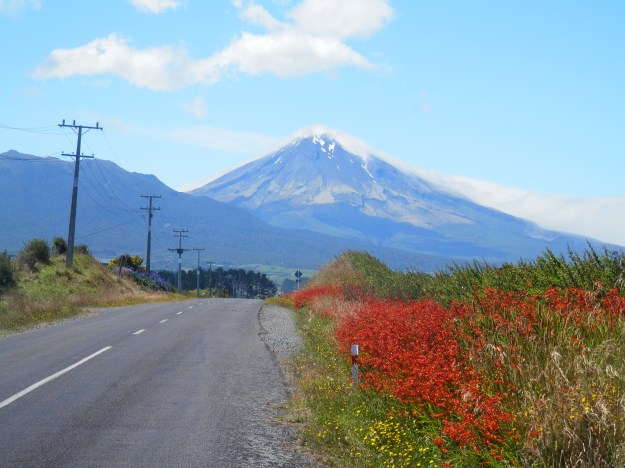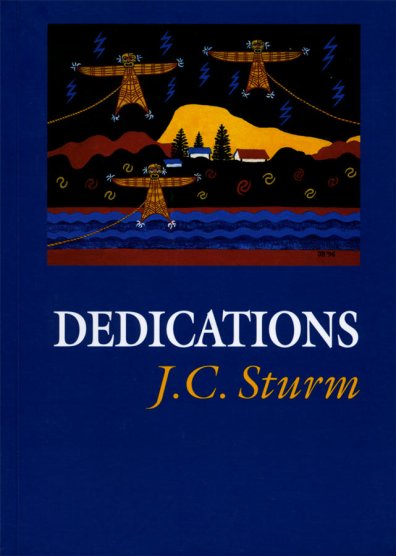The last night at Collingwood
No moon and a black sea,
The daytime birds have flown
To their night time places,
The incoming tide creeps
Over Farewell Spit.
Soon waves will wash the rocks
Outside our windows,
Spraying the glass with salt.
Twenty-four hours from now
Birds, land and sea
Will repeat it all again
We’ll be gone by then
Back to that northern
Beach across the Strait
With far fewer sea birds
But Kapiti close at hand.
There we watch the sun go down
Where the Spit lies out of sight,
Believing love, like them
Returns again and again.
J C Sturm from Postscripts, Steele Roberts, 2000
(posted with kind permission from J C Sturm estate)
From Vana Manasiadis:
Dear Jacquie
Postscripts was the first poetry collection I cared enough about to steal from my sister and stash in a ring-binder. It was the first poetry collection I read and reread until I could say aloud the lines that made me cry. Repeat it all again, Beach across the Strait: I pinned your ‘The last night at Collingwood’ over Arnold’s ‘Dover Beach’ once I got over men with rights and titles; once I was on the other side of the Entitled Man, the White Supremacist man, the Drunken Father-Husband man. Jacquie, there’s been a lot of pain. Jacquie, we really need the sea. Island Bay, Gouves-Crete, Piraeus, Collingwood followed all these peak-and-trough waves meeting; immigrating. So thank you for not bordering up the sea. Thank you for your black sea (our big fish tīpuna), your Farewell Spit-salt-glass sea (our headings off and back), your Kāpiti close at hand (where Alia lives, who healed our sudden schisms, and Nadine and Alex, their mana wāhine seeing). I believe you Jacquie. I believe that there are shared ways and still ways and noticing ways. I believe you Jacquie that there’s a clear and certain way to wash the rocks.
Vana Manasiadis has published two collections of poetry, with a third, The Grief Almanac: A Sequel, to be published by Seraph Press in 2019. She co-edited Tātai Whetū: Seven Māori Women Poets in Translation (2018) in the Seraph Press Translation Series, and edited and translated from Greek Ναυάγια/Καταφύγια: Shipwrecks/Shelters: Six Contemporary Greek Poets (Seraph Press, 2016).
J. C. Sturm (Jacqueline Cecilia) (1927–2009), of Taranaki iwi, Parihaka and Whakatōhea descent, was born in Opunake and is thought to be the first Māori woman to graduate with an MA from a New Zealand university (First Class Hons, Philosophy, Victoria University of Wellington). She initially wrote short fiction, and her work was the first by a Māori to appear in an anthology. Her debut poetry collection, Dedications (Steele Roberts, 1996), received an Honour Award at the 1997 Montana New Zealand Book Awards and she published further collections of poetry and short stories. Her poetry appeared in a number of anthologies and journals. Her collection, Postscripts (Steele Roberts, 2000), includes images by her son John Baxter. She received an honorary doctorate from Victoria University of Wellington, worked as a librarian, was married to James K Baxter and had two children.
Te Ara page on J. C. Sturm by Paul Millar
NZ Book Council page


